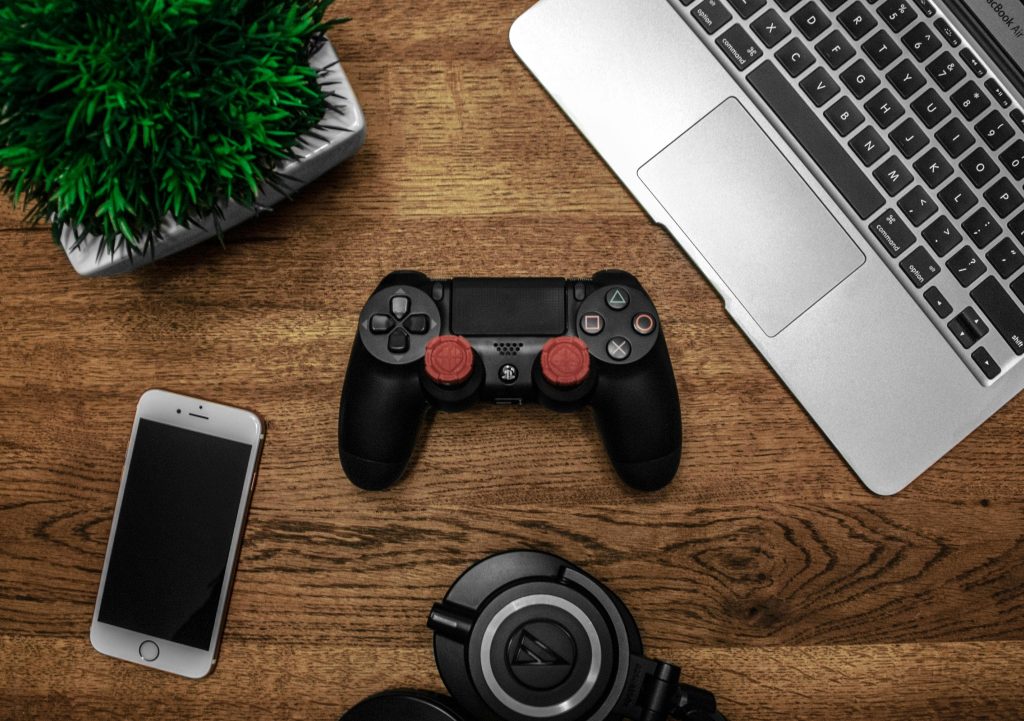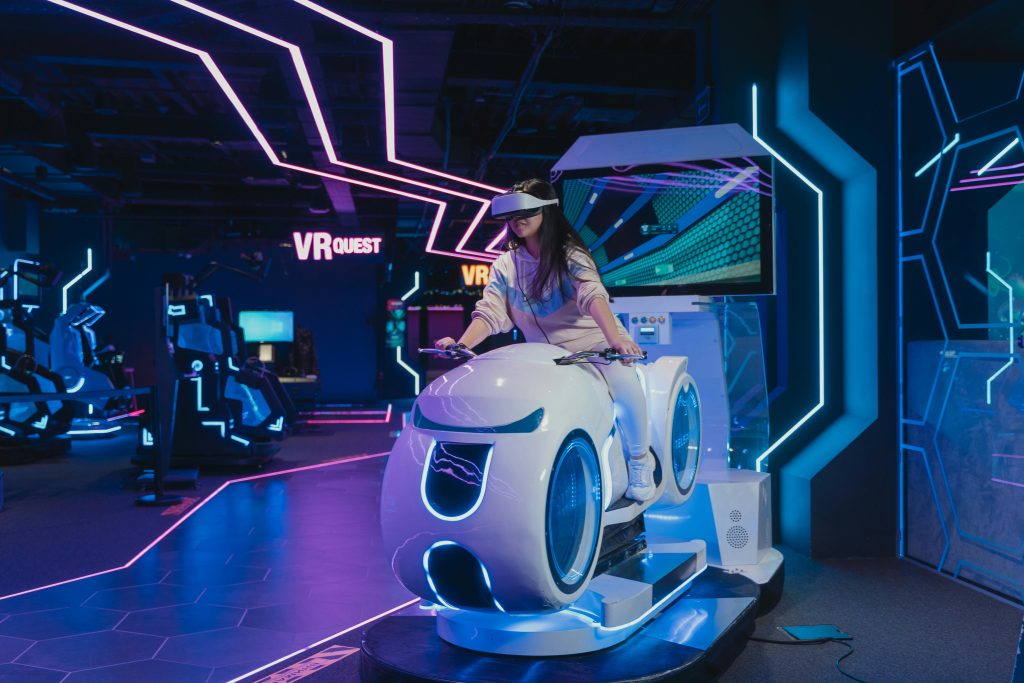Game Dev Gear Trends to Watch in 2025
Game development is evolving fast — and not just in terms of tools and techniques, but also in the physical spaces and gear we use to build the next big thing. Whether you’re a solo dev working out of your bedroom studio or part of a remote AAA team, the gear you choose plays a huge role in your comfort, creativity, and productivity.

As we step further into 2025, here are some of the top gear trends shaping the way developers work, create, and stay inspired.
AI-Integrated Tools Are Becoming the Norm
Artificial intelligence is no longer just a buzzword or a gimmick — it’s a core part of the modern development toolkit. In 2025, we’re seeing massive adoption of AI-integrated tools for everything from code assistance to asset generation. Platforms like GitHub Copilot and local LLM-based companions are making it easier to troubleshoot, optimize, and even generate entire gameplay systems or shaders on the fly.

This doesn’t mean AI is taking over creativity. Instead, it’s helping developers streamline the tedious stuff, freeing up more time to focus on storytelling, gameplay, and polish. Expect to see more devs using AI for prototyping levels, refining UI layouts, and building smarter pipelines.
Ergonomic Upgrades Are No Longer Optional
Long gone are the days of slouching over a rickety desk for 12 hours straight. As awareness around health and wellness in tech grows, developers are investing more in ergonomics. Sit-stand desks are now common, paired with memory foam mats, wrist supports, lumbar-friendly chairs, and curved monitors that reduce eye strain.
The crunch may never completely disappear, but developers are building workspaces that make those long sessions a little less punishing. And for remote teams, companies are increasingly offering stipends for ergonomic gear, making this an accessible upgrade for many.
AR/VR Accessories Are Leveling Up
With Meta Quest 3 gaining momentum and Apple Vision Pro entering the scene, AR and VR dev tools are having a moment. It’s no longer just about headsets — it’s about the ecosystem. Motion capture gloves, eye-tracking dev kits, and spatial UI accessories are all getting more affordable and developer-friendly.
Studios and indie devs alike are experimenting with mixed-reality workflows and creating entirely new kinds of experiences that blur the line between physical and digital space. If you’re working on immersive titles, this is the year to start investing in the gear that will shape the future.

Noise-Reducing Peripherals Are Saving Sanity
Clicky keyboards and buzzing mice are great… until you’re working in a shared space or live on Zoom calls. Quiet gear is seeing a huge rise, from low-profile mechanical keyboards with dampeners to silent wireless mice that glide like a ninja.
For devs who stream their process or work late into the night, these peripherals are a game-changer. Plus, they’re often paired with improved haptic feedback or productivity shortcuts, making them both quieter and more efficient.
Mood-Boosting Desk Gear Is Having a Moment
There’s a surprising amount of psychology behind your desk setup. In 2025, smart lighting, ambient LED bars, digital clocks, and even desktop fountains are helping game devs transform their workspaces into creativity zones. Developers are realizing that vibe isn’t just aesthetic — it’s part of mental health and staying motivated.

With more time spent in front of screens than ever, even small changes — like a sunrise lamp, desk plant, or programmable RGB scenes — can help beat burnout and keep the inspiration flowing.
Final Thoughts
The gear landscape for game developers is getting smarter, healthier, and more immersive by the year. Whether you’re upgrading your chair or experimenting with AI-driven prototyping, 2025 offers no shortage of exciting innovations.
If you’re working remotely and want to level up your gaming and dev setup at the same time, be sure to check out our article on The Best Gaming Gear for Remote Workers — it’s packed with essentials that balance productivity and play.
As always, GameDevGear earns from qualifying purchases made through links in our articles.